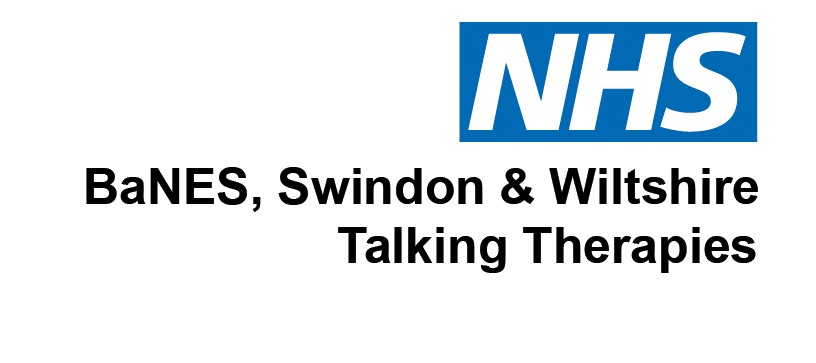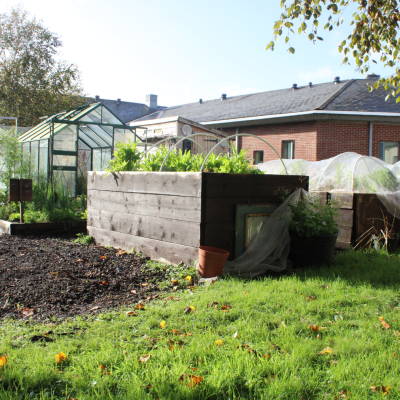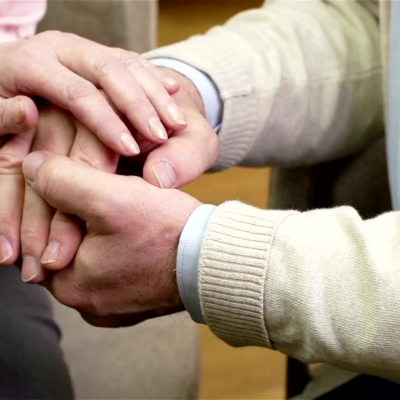Publish date: 16 May 2023
To mark the theme of anxiety this Mental Health Awareness Week (15th – 21st May), Avon and Wiltshire Mental Health Partnership NHS Trust (AWP) health professionals are supporting their staff by holding a Wellbeing Festival. One of the sessions will include a drop-in session for all staff; these sessions will provide information and support understanding of stress. They will also provide practical advice to support their wellbeing in the workplace. Anxiety is a normal emotion in all of us, but sometimes it can get feel overwhelming.
AWP Improving Access to Physiological Therapies (IAPT) services provide talking therapies to adults aged 16 and over living in Bath and North East Somerset (BaNES), Swindon and the wider county of Wiltshire (BSW). One-to-one therapy can be offered online, via the telephone or in person to help manage a range of common mental health difficulties such as stress, low mood, depression and anxiety. The IAPT service uses evidence-based therapies such as cognitive behavioural therapy to help support people's recovery.
Ways to access IAPT services:
For people with depression and anxiety difficulties, there is a range of access routes available into IAPT services. Referrals can be made via health professionals or via self-referral. This enables people with depression or anxiety to contact services directly, bypassing the need for their GP to always refer them.
A few of the courses provided include:
• Stress at Work
• Redundancy Support Workshop
• Wellbeing for Weight Management
• Wellbeing after Baby
• Living Well with Fatigue
• Mental Health in the Workplace
• Living Well with Long Term Pain
What does it involve?
All talking therapies involve the patient and therapist, or practitioner, working as a team to understand problems and overcome current difficulties. It offers short term interventions to help achieve identified goals. Therapy involves talking through the current problem and deciding together on practical exercises that might take part inside and outside of sessions. It is an active process, and the therapist or practitioner will regularly check in with the patient to ensure progress.
Talking therapies are provided in different ways, including:
• Using a self-help workbook or guided self-help with a practitioner
• One-to-one video, telephone or in person sessions
• Via a course
Facts about anxiety*
• Anxiety is a type of emotion usually associated with the thought of a threat or fear of something going wrong in the future, but it can also arise from something happening right now
• There were 8.2 million cases of anxiety in the UK in 2013
• Women are twice as likely to be diagnosed with anxiety
*figures from MHFA England.









